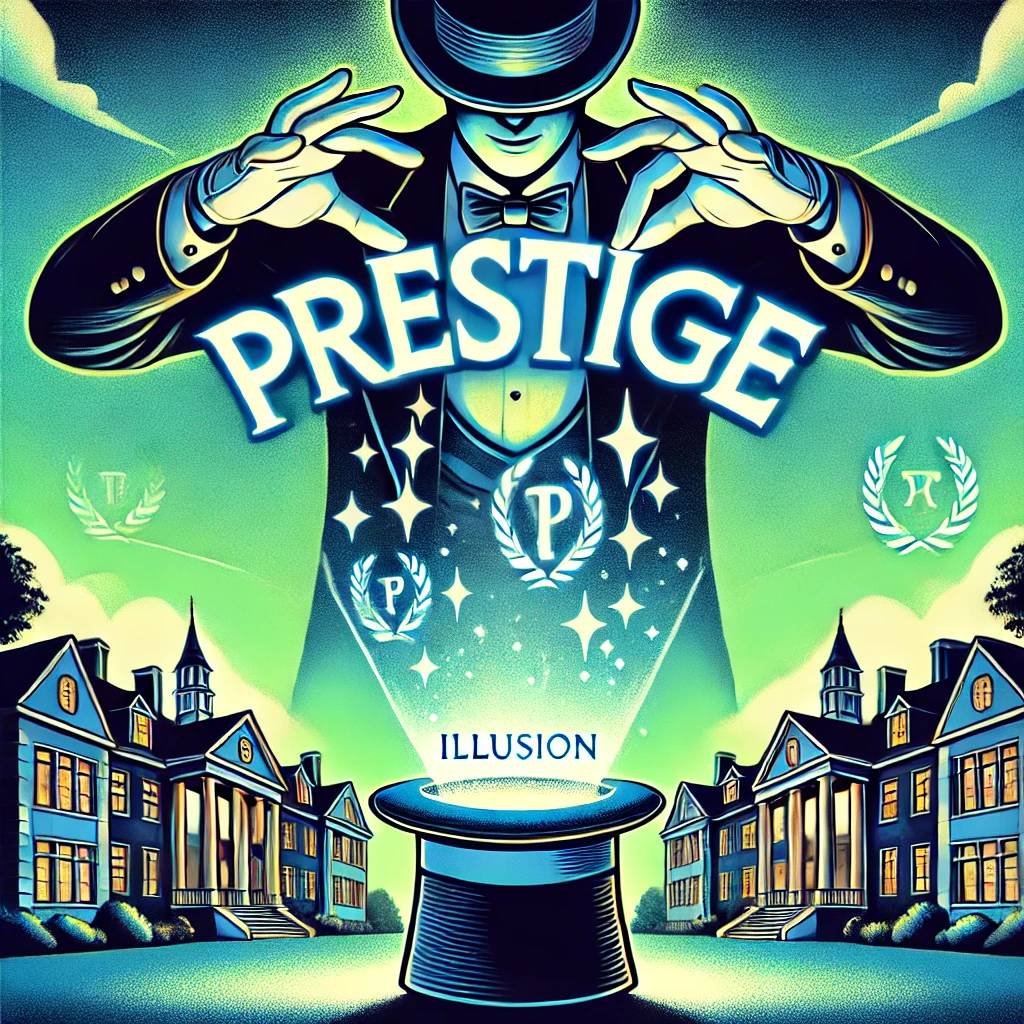Fun fact: The word prestige actually comes from the Latin praestigium, meaning illusion. So when students say they’re only interested in “prestigious” schools, it’s worth remembering that what they’re often chasing is the appearance of excellence—not necessarily what’s best for them or where they’ll be successful and happy.
Over the past few years in college counseling, I’ve found that one of the hardest things to help students and families understand is that fit matters more than fame. It’s natural to be drawn to brand-name schools, but prestige doesn’t always equal opportunity, experience, or even happiness. And the more we lean into the illusion, the more we risk leading students toward a choice that isn’t actually a match. Four years is a long time to spend at a place you don’t really like—or that isn’t making you a better version of yourself.
This idea isn’t just my opinion—it’s echoed in some of the best college admissions books I’ve read:
📘 College Match by Steven Antonoff offers a practical, student-centered framework for exploring college fit. It’s full of reflective questions and activities that help students figure out what really matters to them. I keep a few copies in my office and often recommend it to families looking for a starting point.
📕 In Where You Go Is Not Who You’ll Be, journalist Frank Bruni does a great job expressing this idea with compelling stories and data. He shows that long-term success has more to do with mindset, effort, and opportunity than a college’s name or rank. It’s one of the best resources for breaking the prestige myth.
📗 Jeff Selingo’s Who Gets In and Why takes readers behind the curtain of the admissions process. His well-known book shows how subjective and unpredictable the process can be—especially at the most selective schools. I’ll be writing more about Selingo’s insights in future blog posts, but I found it enlightening.
And one more I want to share—Don’t Take U.S. News & World Report Rankings Seriously, an opinion piece written by my first mentor in admissions, Bruce Hunter, for the Gainesville Sun. It’s short, insightful, and written in true Bruce Hunter tongue-in-cheek fashion. You can read it here.
Reframing the Conversation with Students
Instead of asking “What’s the most prestigious school I can get into?”, we can help students ask better questions:
- Where will I be supported and challenged?
- What type of learning environment helps me thrive?
- Which colleges align with my goals, values, and personality?
I love the quote that college is “a match to be made, not a prize to be won” and I reference it often. Before I started in this profession and was a Spanish teacher, I fell into the prestige trap—celebrating any student who got into a big-name school without really thinking about whether it was a good fit. Over time, I’ve learned that prestige doesn’t always lead to personal growth or success. For some students, a top-ranked school is a great fit—but that should be based on personal needs and goals, not a logo or a ranking.
What We Can Do as Counselors
✅ Start early
With juniors especially, now is the time to talk about college fit. Tools like College Board’s BigFuture and NACAC’s College Fit Worksheet can prompt important conversations.
✅ Tell stories
Share examples of students who thrived at lesser-known schools. Students often remember stories more than data. When I visit colleges, I always try to meet up with former students to hear about their experience picking a right-fit college and how it is going – one main reason for this is to share that anecdotal information with students who are now in their shoes.
✅ Use humor and facts
That fun fact about the word prestige? It sticks. I’ve had multiple students remember and repeat it back to me.
✅ Point to research
Bruni’s book and Hunter’s article both show that rankings don’t predict success. It’s what students do in college that matters.
✅ Encourage curiosity
Instead of comparing schools, help students explore. If a school has strong programs, support, and the right feel—even if it’s not famous—it’s worth considering.
Final Thoughts
If we want students to thrive in college and beyond, we need to help them look past the illusion of prestige. Let’s guide them toward thoughtful, self-aware decisions—rooted in who they are and what they need.

